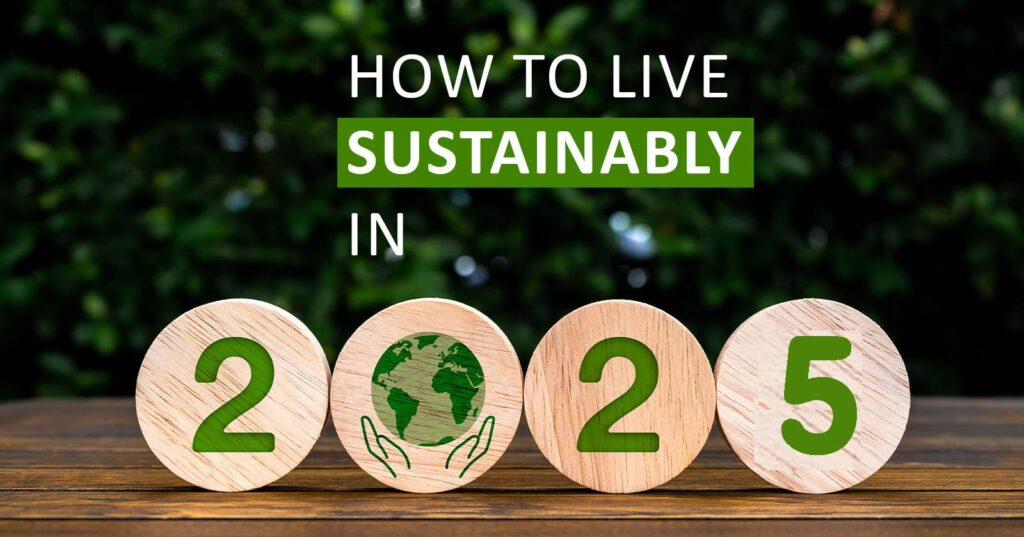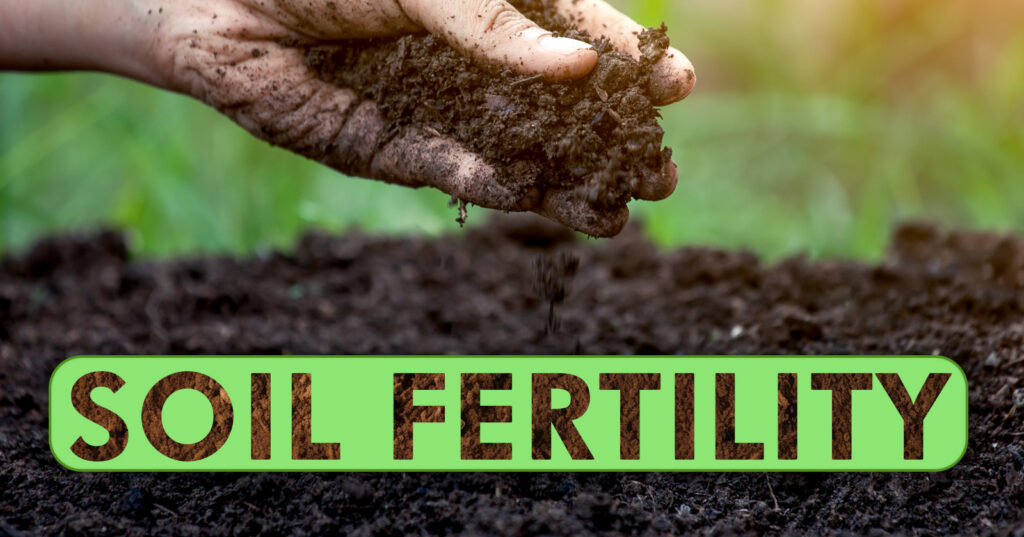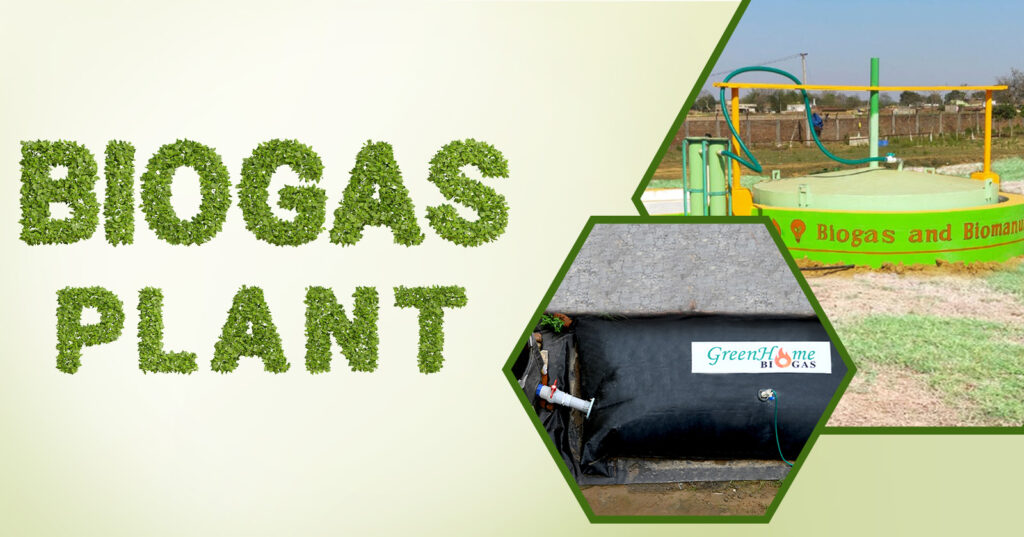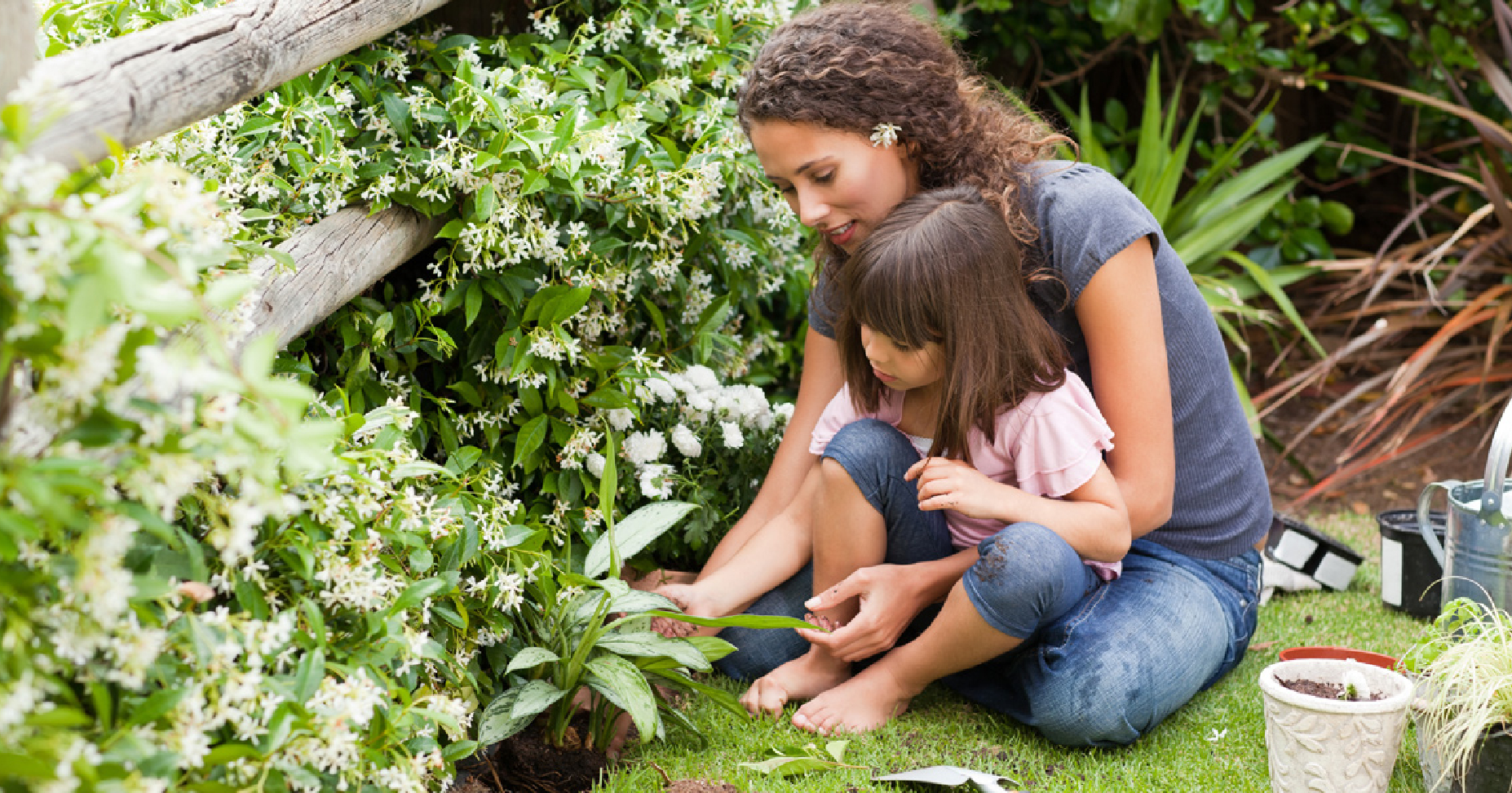As the world moves rapidly toward modernization, technology, and luxury, our environment is struggling to keep up. Pollution, global warming, overpopulation, and social conflicts are all putting pressure on Nature.
During these challenges, the farming industry is moving away from harmful practices toward more responsible ones.
This shift, known as Sustainable Farming, promotes eco-friendly methods like growing your own food, home gardening, and organic farming. These practices help protect the environment, improve soil health, and ensure that the food we eat is safe and natural.

What Is Sustainable Farming?
As the world’s population continues to grow, the demand for food is rising too. To meet this need, many farmers use harmful chemicals and fertilizers to increase production, which harms the environment and our future. So, what’s the solution?
The answer is Sustainable Farming, a smarter and eco-friendly way to grow food while supporting the planet.
Sustainable Farming includes practices like growing your own food, home gardening, and organic farming. These methods focus on producing healthy, chemical-free food while protecting soil, water, and biodiversity.
The main goal is to build strong communities, protect nature, and keep farming profitable. By practicing Sustainable Farming, we can grow food, fiber, and animal products without harming natural resources, ensuring a safe, healthy, and sustainable future for everyone.
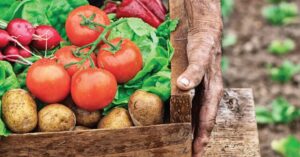
What are the Major Benefits of Sustainable Farming?
Full Stop to Crop Disease
One of the key features of sustainable farming is crop rotation, where different crops are grown seasonally on the same land.
This simple method helps prevent crop diseases and reduces the risk of losing entire harvests. It supports organic farming practices that promote sustainable living and healthier soil.
Healthier Food
Research shows that food grown through sustainable farming and organic farming has more nutrients since it avoids harmful chemicals and pesticides.
Crop rotation keeps fruits and vegetables rich in nutrients, while livestock raised naturally, without growth hormones or antibiotics, provides safe, high-quality meat. These practices contribute to a healthy lifestyle and better food security.
Prevents Soil Erosion
According to agricultural experts, crop rotation, intercropping, and growing cover crops prevent soil erosion, control pests naturally, and improve soil fertility.
Traditional methods like tilling, ploughing, and using organic manure also help maintain soil health, encouraging urban gardening and sustainable cultivation even in city spaces.
Reduces Pollution and Chemicals
Sustainable farming limits the use of chemical fertilizers and pesticides, cutting down pollution and producing cleaner, safer food.
Through integrated pest management, pests are identified early, and minimal spraying is done only where necessary. This promotes a cleaner environment and supports sustainable living.
Builds Sustainable Communities
By encouraging small family-run farms, sustainable farming strengthens rural communities and makes agriculture affordable for small farmers and workers. It ensures fair wages, safe working conditions, and long-term community development values at the heart of sustainable living.
Protects the Environment and Uses Renewable Energy
Sustainable farming relies more on renewable energy sources like solar, wind, and hydro power rather than non-renewable ones. This shift not only reduces pollution but also helps preserve natural resources for future generations.
Improves Animal Welfare
Animals raised under sustainable systems are allowed to move freely and eat their natural diets. This humane approach improves animal welfare, supports organic farming, and produces healthier, more ethical food for consumers.
How Can You Support Sustainable Farming?
You don’t need to be a farmer to support sustainable farming; even small changes in your daily life can make a big difference.
Simple choices like what you eat or where you shop can help promote organic farming, sustainable living, and a healthy lifestyle. Here are a few easy ways to get started:
Buy Local and Organic Produce
Choose fruits, vegetables, and grains from local farmers’ markets or organic stores. This supports small farmers, reduces carbon emissions from long-distance transport, and ensures you’re eating fresh, chemical-free food.
Grow Your Own Food
Start small with urban gardening, grow herbs, leafy greens, or tomatoes on your balcony or terrace. Growing your own food helps you connect with nature, ensures clean produce, and reduces your environmental footprint.
Reduce Food Waste
Plan your meals, store leftovers properly, and compost kitchen scraps. Composting not only reduces waste but also creates nutrient-rich soil for your garden.
Support Sustainable Brands
Buy from companies that follow ethical sourcing, fair trade, and eco-friendly production. Every sustainable purchase encourages responsible farming and business practices.
Educate and Inspire Others
Share your knowledge about sustainable farming and its benefits with friends, family, or online communities. Awareness leads to action. The more people adopt eco-friendly habits, the greater the collective impact
Final Thought
Growing your own food, practicing home gardening, and supporting organic farming are not just trends they are important steps toward a healthier planet and a sustainable lifestyle. By trying urban gardening and making small, mindful choices every day, we can reduce pollution, protect soil and water, and care for animals.
Sustainable farming gives us safer, nutrient-rich food, helps communities, preserves natural resources, and supports a healthy lifestyle for everyone. Simple actions, like buying local produce or starting your own garden, can make a big difference.
In 2026 and beyond, supporting sustainable farming is one of the best ways to ensure food security, protect the environment, and create a better future for generations to come.
Frequently Asked Questions (FAQs)
Question: Why is growing your own food important?
Answer: Growing your own food ensures fresh, chemical-free produce, saves money, reduces your carbon footprint, and gives you control over what you eat. It also connects you with nature and promotes a healthy lifestyle.
Question: What is home gardening?
Answer: Home gardening is the practice of growing plants, vegetables, fruits, or flowers at your home. It’s a way to enjoy fresh produce, beautify your space, and adopt sustainable living habits.
Question: Why should I support organic farming?
Answer: Supporting organic farming helps reduce pollution, protects ecosystems, and encourages sustainable living while giving you healthier food choices.
Question: How can sustainable living include gardening?
Answer: Practices like urban gardening, home gardening, and growing your own food help reduce waste, conserve resources, and support a healthy lifestyle.
Question: What is urban gardening?
Answer: Urban gardening is growing plants, vegetables, or fruits in city spaces like rooftops, balconies, and community gardens. It brings greenery to urban areas and promotes sustainable living.
Question: How does gardening contribute to a healthy lifestyle?
Answer: Gardening encourages physical activity, reduces stress, provides fresh and nutrient-rich food, and supports eco-friendly habits like sustainable living.


